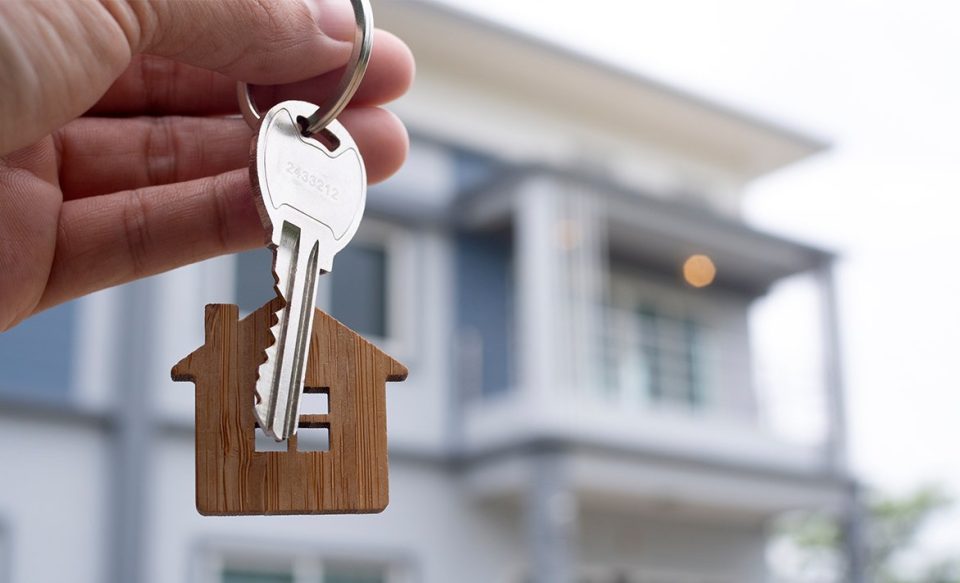In the dynamic world of real estate, buying property is often seen as the cornerstone of financial growth. Whether you’re a first-time homebuyer, a seasoned investor, or a developer looking to build an extensive portfolio, the key to long-term success in real estate often lies in maximizing value and minimizing costs. While the idea of purchasing real estate can seem daunting, there are numerous cost-saving strategies that savvy buyers employ to get the most out of their investments.
In this article, we will uncover some of the most effective cost-saving secrets when it comes to buying real estate and property. These strategies can help reduce your upfront costs, improve your return on investment (ROI), and ensure that your real estate ventures are both financially feasible and sustainable in the long run.
1. Understanding Market Cycles and Timing Your Purchase
One of the most impactful ways to save money when buying property is to time your purchase wisely. Real estate markets are cyclical, often experiencing periods of growth followed by market corrections. By understanding these cycles and purchasing at the right moment, you can secure a property at a lower cost, thereby maximizing your investment’s potential for appreciation.
-
Off-Peak Seasons: Real estate prices tend to drop during the off-peak seasons—usually in the fall and winter months. During these times, there are fewer buyers in the market, meaning sellers are more likely to accept lower offers or negotiate on price. This can present an excellent opportunity for buyers looking to save money on their purchase.
-
Market Correction: In a market correction or downturn, property prices can temporarily fall due to shifts in the economy, interest rates, or local market conditions. Buying during such a period can provide significant savings and enable you to acquire property at a discount. However, it is crucial to research the local market conditions and assess whether the dip in prices is short-term or part of a longer-term trend.
-
Avoiding Overpaying in a Hot Market: In a seller’s market—where demand exceeds supply—prices can be inflated. While this may seem like an inevitable time to buy, understanding market indicators and being patient can help you avoid overpaying. Even in a competitive market, there are still opportunities for those who are strategic and know when to strike.
By strategically timing your purchase, you can reduce the upfront cost of buying a property and increase your chances of a solid return on investment.
2. Negotiating Price and Terms
The price of a property is often the focal point of any real estate transaction, but there are other costs involved that can significantly impact your overall investment. Successful negotiation involves more than just haggling over the asking price—it also includes negotiating favorable terms and conditions that can lead to substantial savings.
-
Requesting Seller Concessions: In many cases, buyers can negotiate for the seller to cover certain closing costs. These can include title insurance, home inspection fees, or appraisal costs. While this may not reduce the purchase price of the property itself, it can help alleviate the financial burden of these added expenses, making the purchase more affordable.
-
Asking for Repairs or Credits: During the inspection process, you may uncover issues with the property that will require repairs. Instead of asking the seller to fix these issues, consider negotiating a credit toward the purchase price. This allows you to save money upfront while still addressing necessary repairs after the sale.
-
Price Adjustments Based on Market Conditions: If you notice that the property has been on the market for a longer period or that the seller is eager to sell, you may be able to negotiate a better price. Sellers who are motivated to close quickly may be more willing to accept a lower offer than they would in a hotter market.
Strong negotiation skills can not only help you reduce the cost of the property but also create opportunities for cost savings in other areas of the transaction.
3. Utilizing Government Programs and Incentives
For first-time homebuyers or those purchasing in certain regions, there may be government programs and incentives available to reduce the overall cost of purchasing property. These programs are designed to make homeownership more accessible and provide financial assistance to buyers.
-
First-Time Homebuyer Programs: Many countries and regions offer financial incentives, such as down payment assistance, lower interest rates, or tax credits, to first-time homebuyers. These programs are designed to make it easier for new buyers to enter the market and avoid the substantial initial costs associated with buying a home.
-
Down Payment Assistance: Some local and national programs provide down payment assistance or grants, which can significantly reduce the amount of cash you need to bring to the table. This can be a game-changer for buyers who are struggling to save a large down payment.
-
Tax Incentives: Depending on the location and type of property purchased, buyers may be eligible for various tax incentives. For example, in some regions, the interest paid on a mortgage is tax-deductible, which can reduce your overall tax burden.
By taking advantage of these programs, buyers can save a significant amount of money upfront and enjoy ongoing financial benefits over the life of the property.
4. Leverage Financing Options to Save on Interest
When buying property, how you finance the purchase is just as important as the price of the property itself. The interest rates and terms you receive on your mortgage can greatly affect the total cost of the property over time. By securing favorable financing, you can save thousands of dollars in interest payments.
-
Shop Around for Mortgage Lenders: Interest rates can vary significantly from one lender to another, so it’s important to shop around and compare offers. Even a small difference in interest rates can lead to significant savings over the life of the loan. In addition to interest rates, be sure to compare other terms, such as fees, loan conditions, and flexibility.
-
Consider a Larger Down Payment: Making a larger down payment (e.g., 20% or more) can help you avoid private mortgage insurance (PMI) and reduce your overall loan balance. Not only will this save you money on PMI, but it will also lower your monthly payments and the total interest you pay over the life of the loan.
-
Refinancing: If interest rates drop or your financial situation improves, consider refinancing your mortgage. Refinancing allows you to lock in a lower interest rate, which can result in substantial savings over time. This strategy can be particularly useful if you purchased your property during a period of higher interest rates.
By carefully considering your financing options and making strategic decisions, you can significantly reduce the long-term cost of buying property.
5. Maximizing Property Value Through Smart Improvements
Another effective way to save on real estate costs is by strategically purchasing properties that require minimal yet impactful improvements. Properties in need of some cosmetic upgrades or minor repairs can often be purchased at a lower price and subsequently renovated to increase their value.
-
Cosmetic Upgrades: Simple upgrades like fresh paint, new flooring, or updated lighting fixtures can dramatically improve a property’s appearance and increase its value. These upgrades tend to be less costly compared to structural renovations but can result in a higher resale value or rental income potential.
-
Energy Efficiency Improvements: By investing in energy-efficient appliances, insulation, or solar panels, you can reduce your utility costs while also increasing the property’s appeal. Many buyers and renters are drawn to homes that promise lower energy bills, so energy efficiency improvements can provide a return on investment.
-
Renovation for Resale or Rental: For investors, purchasing properties in up-and-coming neighborhoods that require renovations can be a smart strategy. By buying properties at a discounted price, renovating them, and then either reselling or renting them out, investors can maximize their returns while saving money on the initial purchase.
By making targeted improvements, you can unlock the hidden potential of a property, increasing its value without breaking the bank.
6. Buying in Emerging Markets or Up-and-Coming Neighborhoods
Location is one of the most important factors when purchasing real estate, and buying in emerging markets or up-and-coming neighborhoods can provide substantial savings while positioning you for future gains. As neighborhoods gentrify or experience growth, property values tend to rise, making early investment a wise move.
-
Lower Initial Costs: Emerging markets often offer lower property prices compared to established, high-demand areas. By buying in these neighborhoods before they become fully developed, you can secure property at a significantly lower cost and benefit from future appreciation.
-
Future Growth Potential: Researching areas with plans for infrastructure improvements, new businesses, or public services can give you a sense of the long-term potential of a location. Investing early in these areas can lead to a significant increase in property value as the area develops.
Buying in emerging markets not only provides cost savings but also offers the potential for significant long-term financial gains.
Conclusion: Smart Buying for Big Savings
In the world of real estate, the key to cost-saving is not only about purchasing properties at the right price but also about strategically leveraging various tactics to reduce expenses and increase value. By understanding market cycles, negotiating effectively, utilizing government programs, securing favorable financing, making smart improvements, and targeting emerging markets, you can save significant amounts of money both upfront and in the long term.
By implementing these cost-saving secrets into your property-buying strategy, you’ll be better positioned to make wise investments that yield the best possible returns, all while reducing unnecessary expenses. Real estate is not just about buying property—it’s about making informed, strategic decisions that align with your financial goals and set you up for future success.

